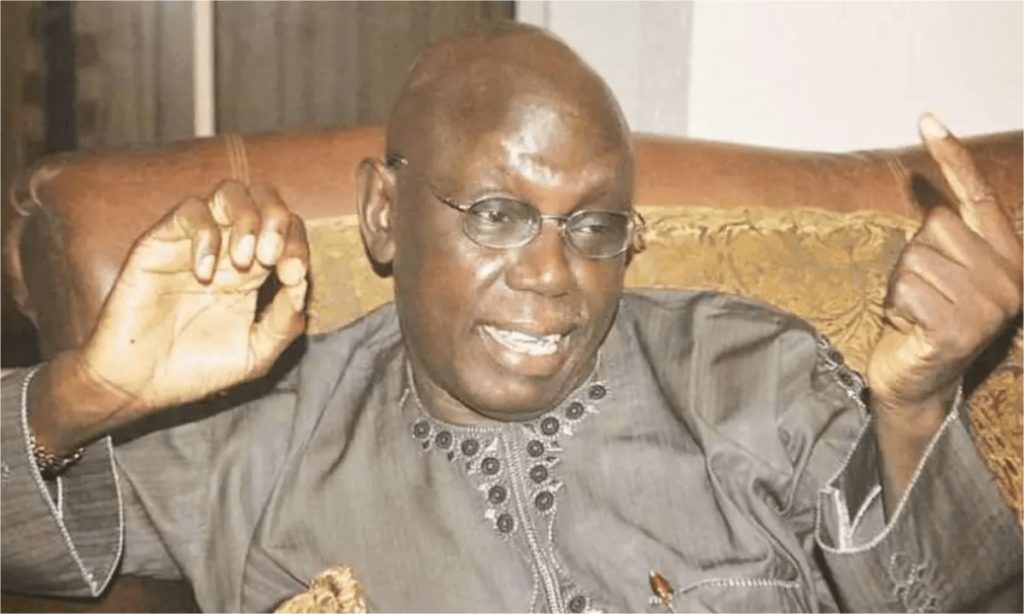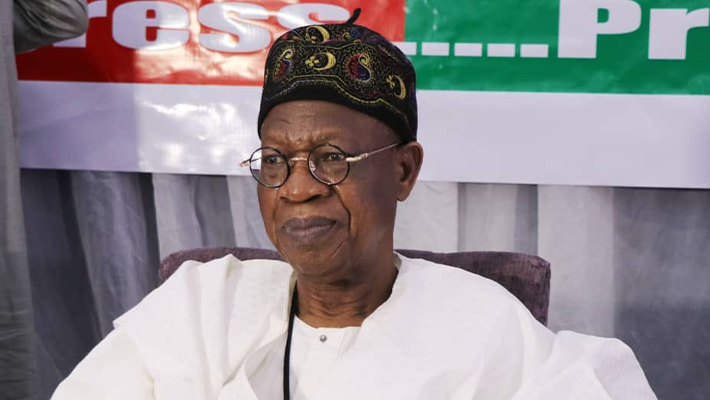The West Africa Oil and Gas Reporters Network has noted that reforms in Nigeria’s oil and gas sector have led to a restoration of investor confidence. According to the network, regulatory changes and progress made by the Nigerian Upstream Petroleum Regulatory Commission have contributed to this development. Nigeria has seen a steady rise in crude production, with output increasing to 1.71 million barrels per day in July 2025, up from 1.55 million a year earlier.
The country has also experienced a significant boost in gas utilization, with 1.372 trillion standard cubic feet harnessed in the first half of the year. Additionally, gas flaring has fallen to below nine percent, its lowest level in over a decade. The network attributed these achievements to the transparency and credibility of the regulatory framework, citing the 2024 oil block licensing round as a notable example. This round was described as the most transparent in Nigeria’s history, with clear rules and an open process that has increased confidence among global investors.
The reforms have created a framework for gas to drive both Nigeria’s domestic transformation and Africa’s wider energy transition. As the largest market in the region, Nigeria’s progress is shaping reforms in neighboring countries, with Ghana, Senegal, and Côte d’Ivoire referencing Nigeria’s standards for licensing and reporting. This has signaled a regional movement towards transparency and credibility, elevating the image of the entire region and strengthening confidence among global investors.
However, the network cautioned that sustaining investor confidence will depend on tackling security and infrastructure challenges in the sector. Despite the progress made, oil theft, vandalism, and weak infrastructure still pose significant threats to the industry. The group urged the government to ensure that revenues from new investments translate into jobs, healthcare, and education for citizens, and to institutionalize reforms to ensure their longevity beyond any administration. By addressing these challenges, Nigeria can solidify its position as a leading investment hub and drive growth in the region.



